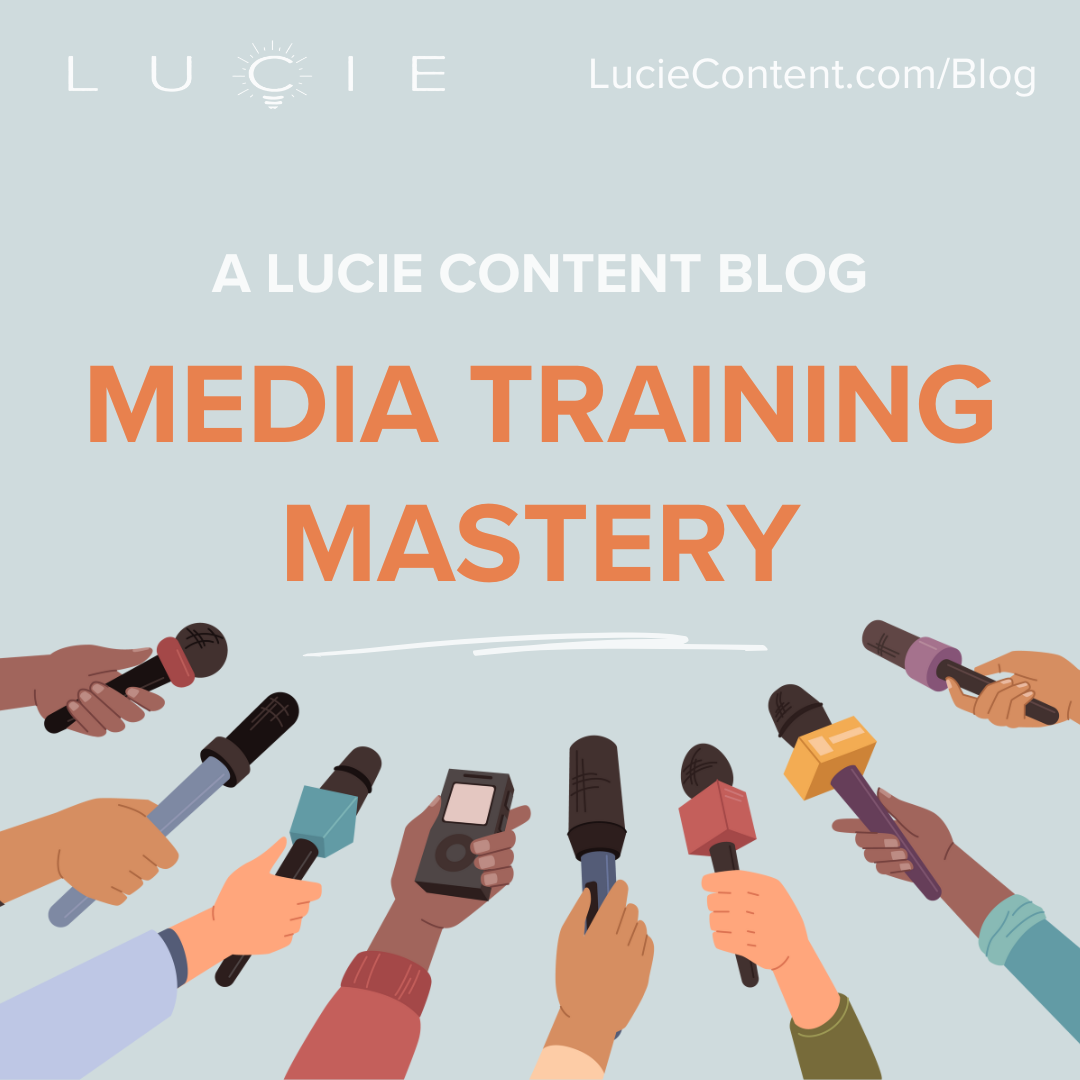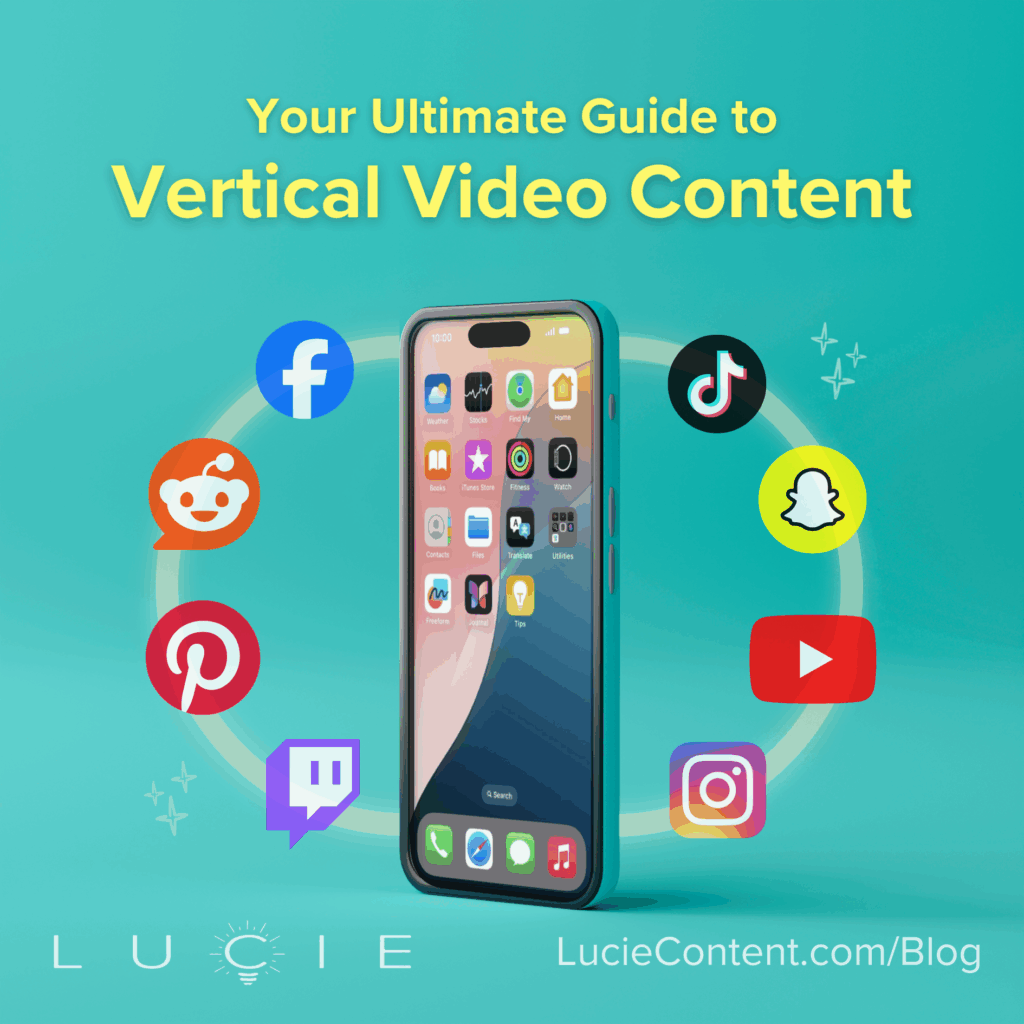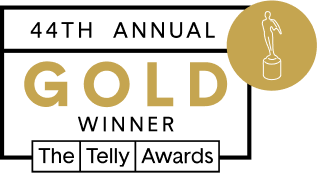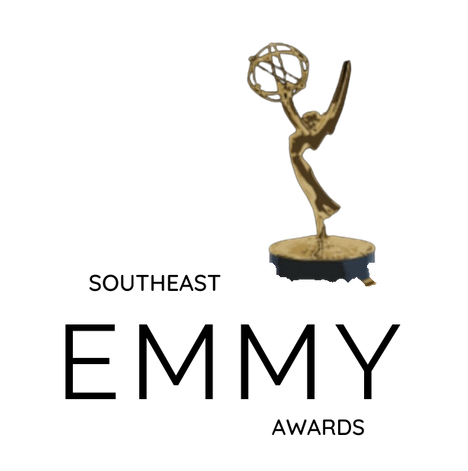Picture this: The CEO of a growing Atlanta tech company receives a call from a business journalist wanting to discuss their latest product launch. What should be an exciting opportunity to showcase innovation through strategic video production services and corporate video production suddenly feels like walking into a minefield. One misplaced word, one moment of uncertainty, and months of carefully crafted messaging could unravel in real time.
This scenario plays out daily across boardrooms and executive suites. In today’s hyper-connected media landscape, executive interviews are about shaping narratives, building trust, and protecting reputations while advancing business goals.
What Is Media Training?
Media training is a strategic preparation process that equips executives and organizational leaders with the skills, techniques, and confidence needed to communicate effectively during interviews, press conferences, and other media interactions. It combines message development, delivery techniques, and crisis management strategies to ensure consistent, compelling communication across all media channels.
The stakes have never been higher. A single interview can reach millions through traditional outlets and social media amplification. Today’s media landscape demands executives who can seamlessly transition between a formal television interview and an impromptu social media Q&A, maintaining consistent messaging while adapting their delivery style.
Why Video Production Companies Excel at Media Training
As a video production agency with deep roots in journalism and video marketing, Lucie Content brings a unique perspective to media training. Traditional media coaches focus on message development, but video production companies understand the technical elements that can make or break an interview performance.
Our commercial video production background means we know exactly how lighting, camera angles, and audio quality affect audience perception. When we prepare executives for media interviews, we’re optimizing their entire visual and audio presentation using the same techniques we employ in our professional video production services.
This technical expertise becomes crucial in today’s media environment, where interviews increasingly happen via video calls, streaming platforms, and social media live sessions. Executives trained by Lucie Content approach gain confidence not just in their messaging, but in their complete on-camera presence.
Our journalism foundation provides an even deeper advantage in media training.
Founded by Emmy-award winning journalist Craig Lucie and other veterans with decades of newsroom experience, our team understands media dynamics from both sides of the camera. Having worked in markets ranging from small local stations to WSB-TV in Atlanta, we’ve experienced the pressure, pace, and unpredictability that executives face during media interviews. This firsthand knowledge of how journalists think, what they’re looking for in a story, and how they conduct interviews allows us to prepare executives not just for what to say, but for how media professionals operate. We know the fundamental question every journalist asks: “What is the value of this story?”—and we teach executives how to provide that value while staying true to their message. Our team’s experience working fast in newsroom environments translates directly to helping executives develop the reflexive communication skills needed for today’s rapid-fire media landscape.
The Evolution of Executive Communication
Modern media training has evolved far beyond the “stay on message” approach of previous decades. Today’s executives face an intricate web of communication channels, each with distinct audiences and expectations. A pharmaceutical executive might find themselves explaining complex research to a general audience on morning television, then diving into technical details for an industry publication interview, all while knowing their comments will be dissected across social platforms.
Our team at Lucie Content regularly works with executives who understand their business inside and out but struggle to translate that expertise into compelling, accessible narratives. The challenge isn’t knowledge—it’s knowing how to package that knowledge for different audiences while maintaining authenticity and building trust.
The digital transformation has also accelerated the speed of news cycles. What once allowed executives time to craft careful responses now demands immediate, confident communication. This shift requires a fundamentally different approach to preparation, one that builds reflexive communication skills rather than just scripted responses.
Core Elements of Professional Media Preparation
Message Architecture and Narrative Development
The foundation of effective media communication lies in developing what communication professionals call “message architecture” — a structured framework that allows executives to navigate any interview while consistently reinforcing key themes. This isn’t about memorizing scripts; it’s about building a flexible communication foundation.
Our approach to message development starts with identifying the three core messages that must emerge from any media interaction, regardless of the specific questions asked. These messages become the executive’s communication north star, guiding responses while allowing for natural conversation flow.
Quick Pre-Interview Checklist:
- Review your three core messages
- Practice bridging from anticipated difficult questions
- Test all technical equipment 30 minutes before
- Choose clothing that photographs well on camera
- Prepare 2-3 relatable analogies for complex topics
Crisis Communication Preparedness
Every media interaction carries potential risk, making crisis communication skills essential for modern executives. This preparation goes beyond handling obvious PR disasters to include managing unexpected questions, addressing misunderstandings in real time, and maintaining composure when interviews take unexpected directions.
Professional crisis communication training helps executives develop what we call “graceful deflection”—techniques for acknowledging difficult topics without providing problematic sound bites. This skill proves invaluable when dealing with sensitive competitive information, ongoing legal matters, or questions outside the executive’s area of expertise.
Example of Effective Crisis Response: Instead of “No comment,” try: “That’s an important question that deserves a thorough response. What I can tell you today is…” [bridge to prepared message]
Industry-Specific Applications
Healthcare and Life Sciences
Healthcare executives face unique communication challenges, particularly when discussing complex research, regulatory matters, or patient-related topics. Media training for this sector emphasizes translating scientific concepts into accessible language while maintaining accuracy and avoiding oversimplification.
Financial Services
Financial executives often deal with highly regulated communication environments where precision matters enormously. A misstatement about earnings projections or market outlooks can have immediate legal and financial consequences. Media training in this sector focuses heavily on accuracy, compliance, and building trust through transparent communication.
Technology and Innovation
Tech executives must bridge the gap between complex technological capabilities and practical business applications. This communication challenge becomes particularly acute when discussing emerging technologies like artificial intelligence, blockchain, or cybersecurity—areas where public understanding may be limited but interest and concern run high.
We recommend regular practice sessions to help executives develop natural, confident communication styles. These regular practice sessions, similar to our content grab methodology, help executives develop natural, confident communication styles.
The Digital Media Landscape and Video Marketing Integration
Today’s media environment demands executives who can seamlessly transition between formal interviews and informal digital interactions. A morning television appearance might be followed by a LinkedIn Live session, then a quick response to industry news on Twitter. Each platform requires adapted communication styles while maintaining consistent core messaging.
The integration of video marketing principles into executive communication has become essential. Executives must understand how their interviews will be edited, shared, and repurposed across digital platforms. This knowledge influences everything from wardrobe choices to message pacing.
Our in-house production studio provides the perfect environment for practicing these presentation techniques. Studio A offers executives the opportunity to experience professional lighting, multiple camera angles, and broadcast-quality audio in a controlled environment before facing actual media interviews.
For more information, check out our blog about Studio A that goes over everything you need to know to get started.
Frequently Asked Questions About Executive Media Training
Q: How long does professional media training take? A: Most executives benefit from a full-day intensive session, followed by quarterly refresher training. Our video production services approach allows for ongoing practice and refinement.
Q: What’s the difference between media training and presentation coaching? A: Media training focuses specifically on journalist interactions and crisis communication, while presentation coaching addresses broader speaking skills. Our video production background allows us to excel at both.
Q: Do you provide media training for virtual interviews? A: Absolutely. As an Atlanta video production company, we specialize in optimizing virtual interview setups, from lighting and audio to background and camera positioning.
Conclusion
In today’s media landscape, executive communication skills are essential business tools that directly impact organizational success, reputation, and growth opportunities. The complexity of modern media environments, from traditional broadcast interviews to digital platform interactions, demands sophisticated preparation and ongoing skill development.
Professional media training transforms communication from a source of stress into a strategic advantage. When executives can confidently navigate high-pressure interviews while maintaining authentic, compelling messaging, they become powerful advocates for their organizations and industries.
Ready to transform your executive communication capabilities? The team at Lucie Content specializes in comprehensive media training that prepares leaders for today’s dynamic communication landscape. As your trusted video production company near me, we combine journalism expertise with commercial video production excellence to deliver unparalleled media training services.Contact us today to discuss how our training services can enhance your organization’s media readiness, or explore our case studies to see how we’ve helped other Atlanta leaders master modern media communication. Whether you need video production services, media training, or integrated video marketing solutions, Lucie Content is your partner for professional communication excellence.












